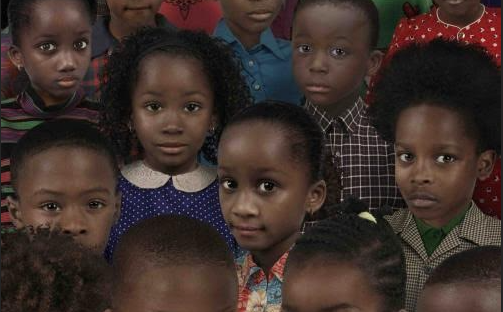The Impact of Social Environment on Learning Outcomes among Children with Global Developmental Delay
- Phidel Adah Baraza Ph.D.
- 0 Comments
Introduction
The domain of social intelligence and development is a critical component of descriptions of human ability and behaviour that must be explored and supported in child development since human beings are intrinsically social beings. Developing competencies in this domain would enhance a child’s ability to succeed in the various social environments they are exposed to such as home, school and church as well as positively influence mental health, success in work, and the ability to be a citizen in a democracy.1 This necessitates the need for parents, caregivers, teachers and educators in general to pay special attention to this domain if they are to be successful in nurturing children because learning is a social process as stated by Bandura (1968), Dewey (1916), and Vygotsky (1978).
I am cognizant of the fact that both hereditary and environmental factors determine the behaviour of a person as they grow up rendering child development a gradual unfolding of biologically determined characteristics and traits that arises as the child learns from experiences. One of the longest debates that has at times elicited emotions in the intellectual history concerns the relative influence of genetic and environmental factors on human behavioural differences, the so-called nature-nurture debate. The contentious debate has been an attempt to answer the question, is nature or nurture the stronger influence on the human behaviour?-hence the genotype-phenotype variance.







